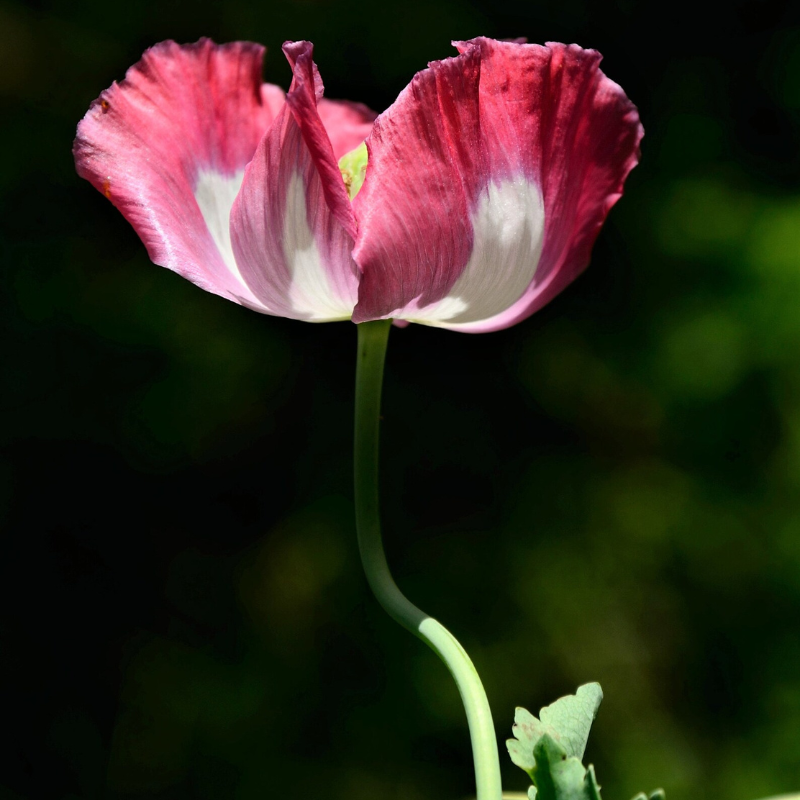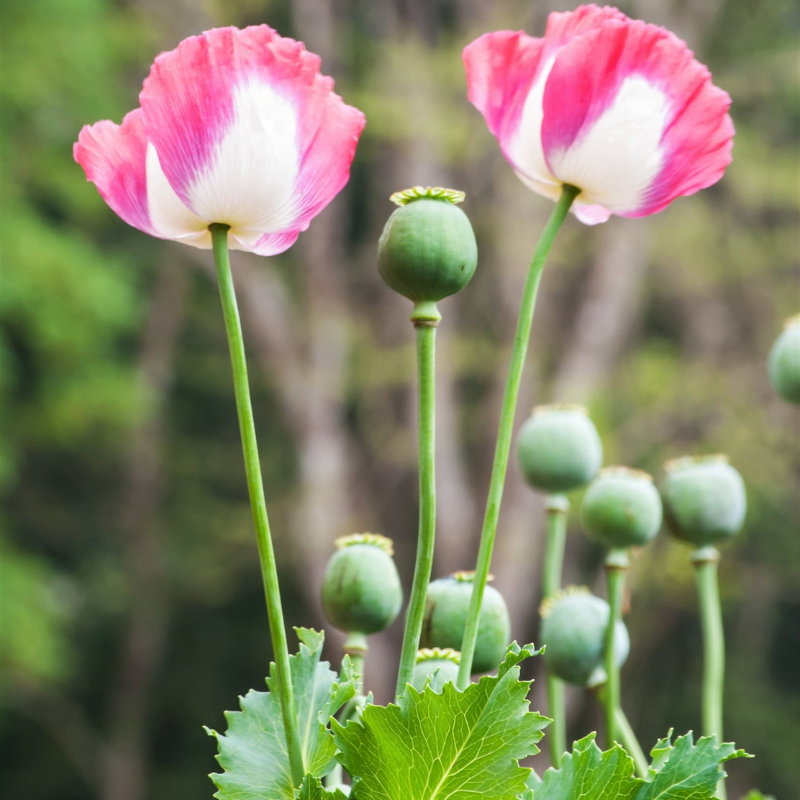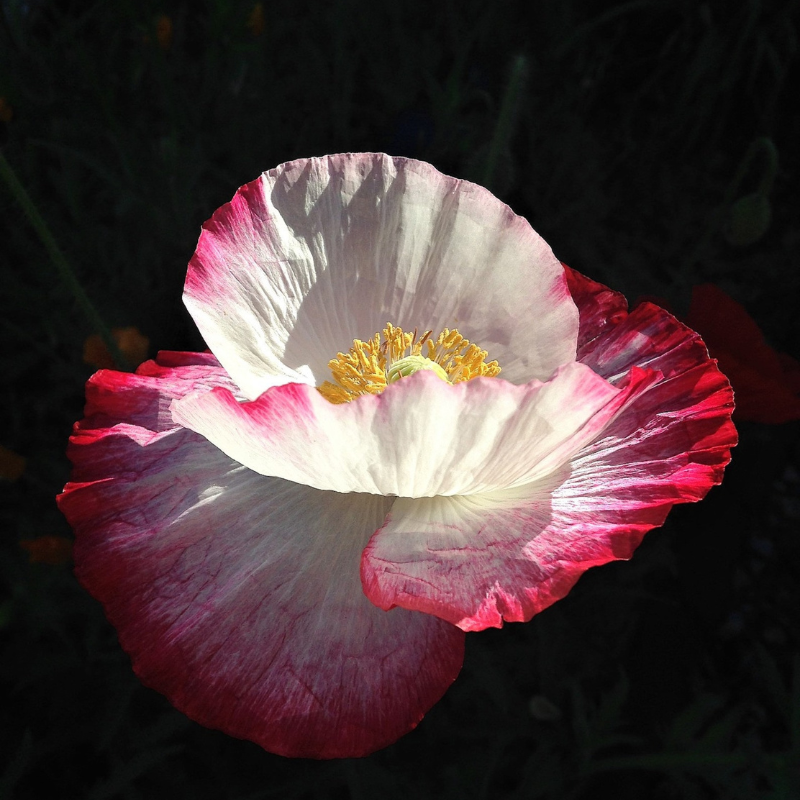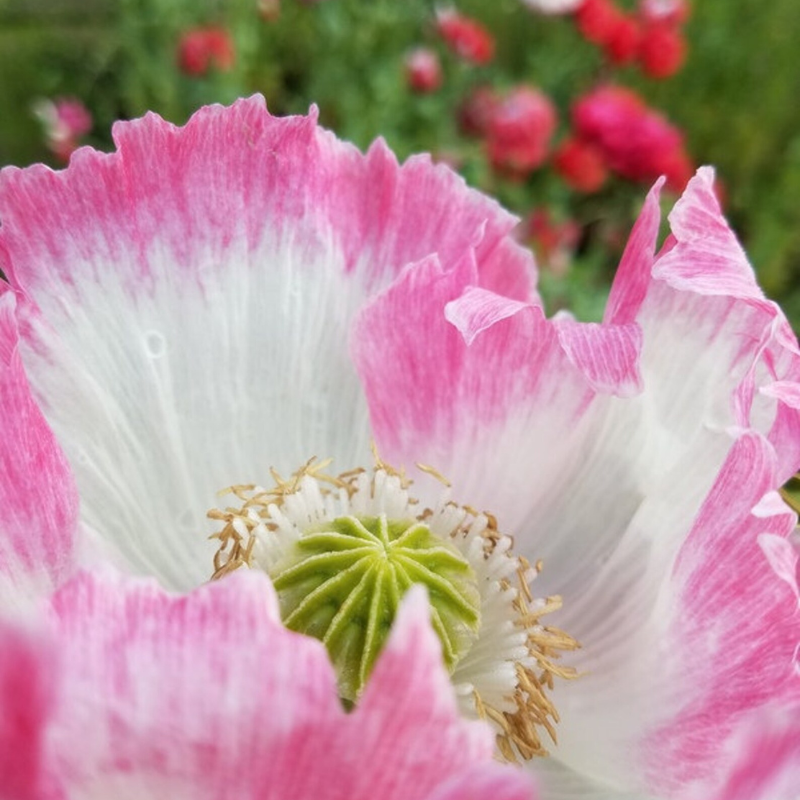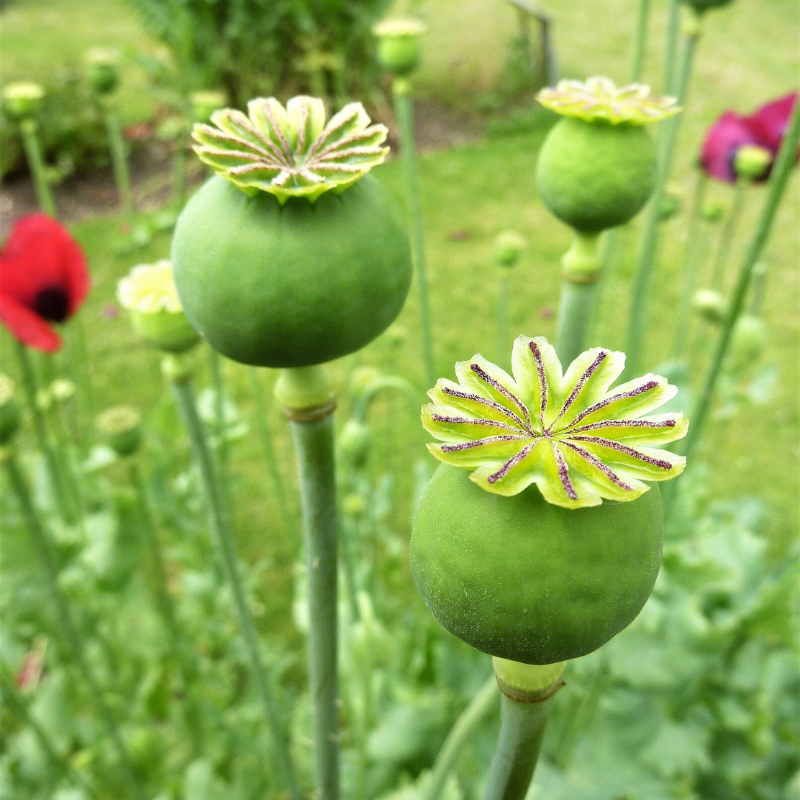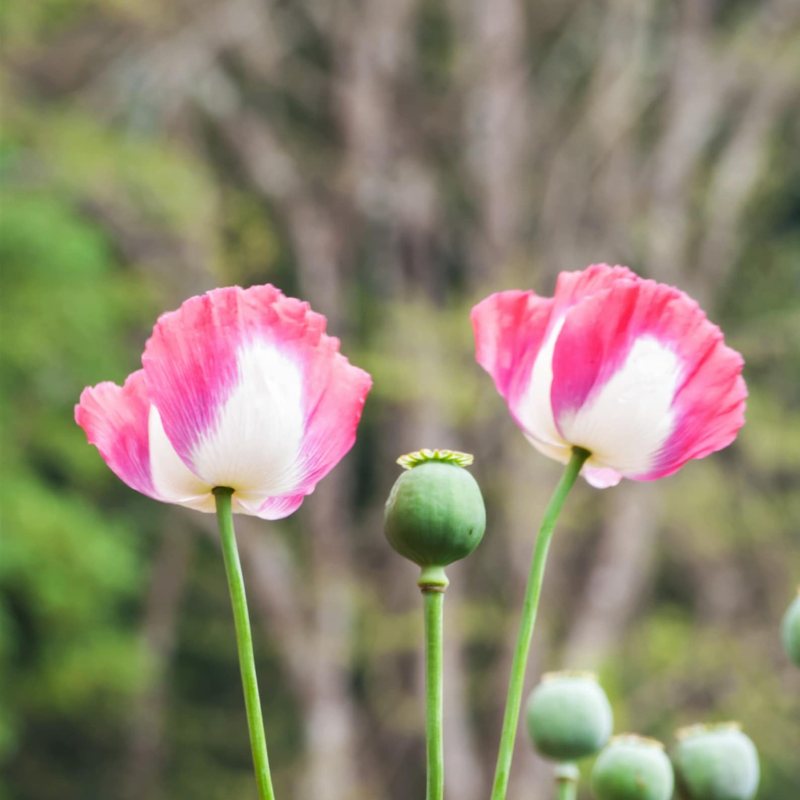- Historical context: The Amphora Poppy, also known as Papaver somniferum, is a species of flowering plant in the poppy family, Papaveraceae. It has been cultivated for a very long time for its seeds, which are used in baking, and for opium, a narcotic that has been used both recreationally and medicinally.
- Geographical origination: The plant is native to the eastern Mediterranean region but has been extensively cultivated in Eurasia and is now found worldwide.
- Relevant cultural significance: The poppy has been associated with sleep, death, and rebirth in many cultures due to its sedative properties and the fact that it dies back in the winter only to return in the spring.
- Time period of discovery: The use of poppy seeds dates back to ancient times, with archaeological evidence of poppy seed use dating back to the Neolithic period.
- Original habitat: The original habitat of the Amphora Poppy is in well-drained soils in sunny locations.
- Notable historical uses: Historically, the seeds have been used in baking and cooking, while the plant itself has been used to produce opium.
- Ideal temperature range: The Amphora Poppy prefers a temperature range of 60-70°F (15-21°C).
- Soil type: It prefers well-drained soil with a pH between 6.0 and 7.5.
- Sunlight requirements: The plant requires full sun to grow properly.
- Watering needs: Water regularly, but do not overwater as this can lead to root rot.
- Planting season: The seeds should be sown in the spring after the last frost.
- Germination time: The seeds typically germinate in 10-20 days.
- Growth cycle duration: The plant reaches maturity in 80-100 days.
- Common pests and diseases: Common pests include aphids and caterpillars, while diseases can include root rot and powdery mildew.
- Companion planting advice: Plant with beans, corn, and radishes to deter pests.
- Common challenges and solutions: Overwatering can lead to root rot, so ensure the soil is well-drained. If pests are a problem, consider using a natural pesticide.
- Nutritional values: Poppy seeds are rich in fiber, protein, and a variety of essential minerals, including calcium, iron, magnesium, phosphorus, and zinc.
- Health benefits: They can aid in digestion, boost the immune system, and improve skin and hair health.
- Culinary uses: Poppy seeds are used in a variety of dishes, including pastries, breads, and salads.
- Medicinal uses: Historically, the plant has been used to produce opium, which has been used medicinally for pain relief.
- Other unique advantages: The plant also has ornamental value due to its large, colorful flowers.
